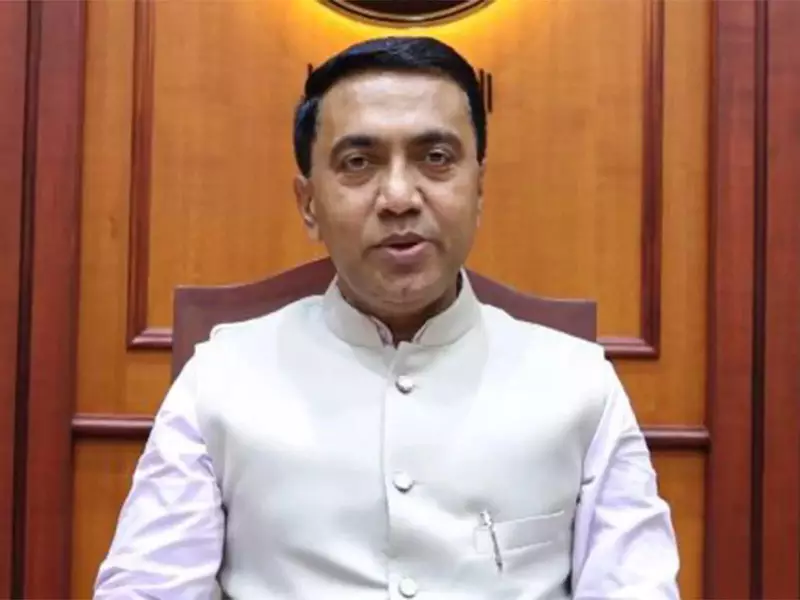
In a statement that has sent shockwaves through Goa's political landscape, Chief Minister Pramod Sawant has launched a blistering attack against opposition parties, accusing them of building their electoral foundation on votes from encroachers.
The Explosive Allegation
The Chief Minister didn't mince words when he claimed that opposition forces in the state had historically "thrived" on support from those occupying land illegally. This controversial assertion suggests that political opponents have systematically courted voters involved in unauthorized land occupations.
Political Fallout and Reactions
The CM's remarks have ignited a firestorm of political debate across Goa. While Sawant's supporters see this as exposing what they call "opportunistic politics," opposition leaders have vehemently denied the allegations, calling them a desperate attempt to divert attention from governance issues.
Broader Implications for Goa Politics
This controversy touches on several sensitive issues in the state:
- Land rights and illegal occupations - A perennial concern in coastal states
- Electoral integrity - Questions about voting patterns and demographic influences
- Political strategies - How parties approach different voter segments
- Governance priorities - The intersection of land policy and political calculations
What This Means for Future Elections
Political analysts suggest this accusation could significantly impact upcoming electoral battles in Goa. The CM's direct targeting of opposition voting bases indicates a strategic shift in political rhetoric and could redefine campaign narratives in the state.
As the political temperature rises, all eyes are on how opposition parties will respond to these serious allegations and whether this marks a new chapter in Goa's often turbulent political scene.






